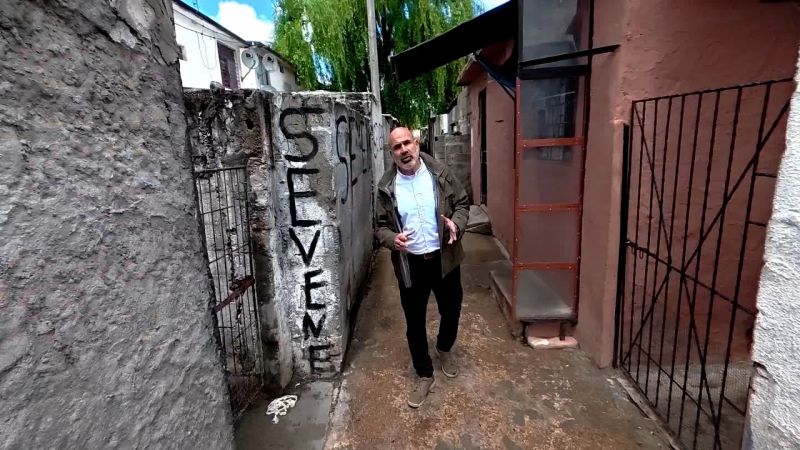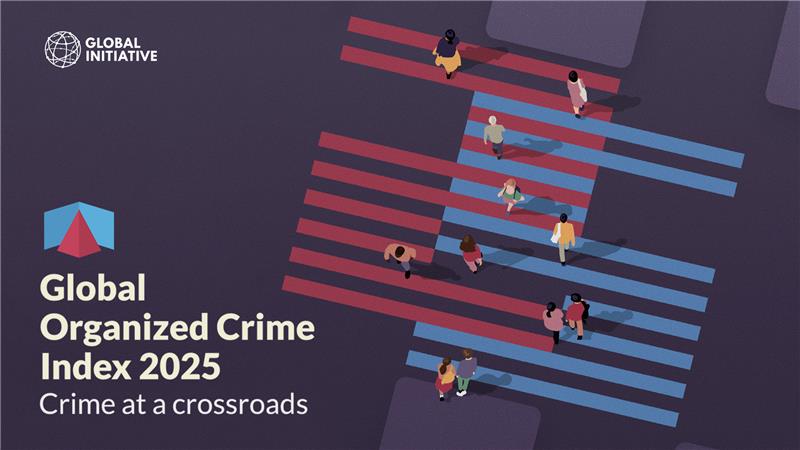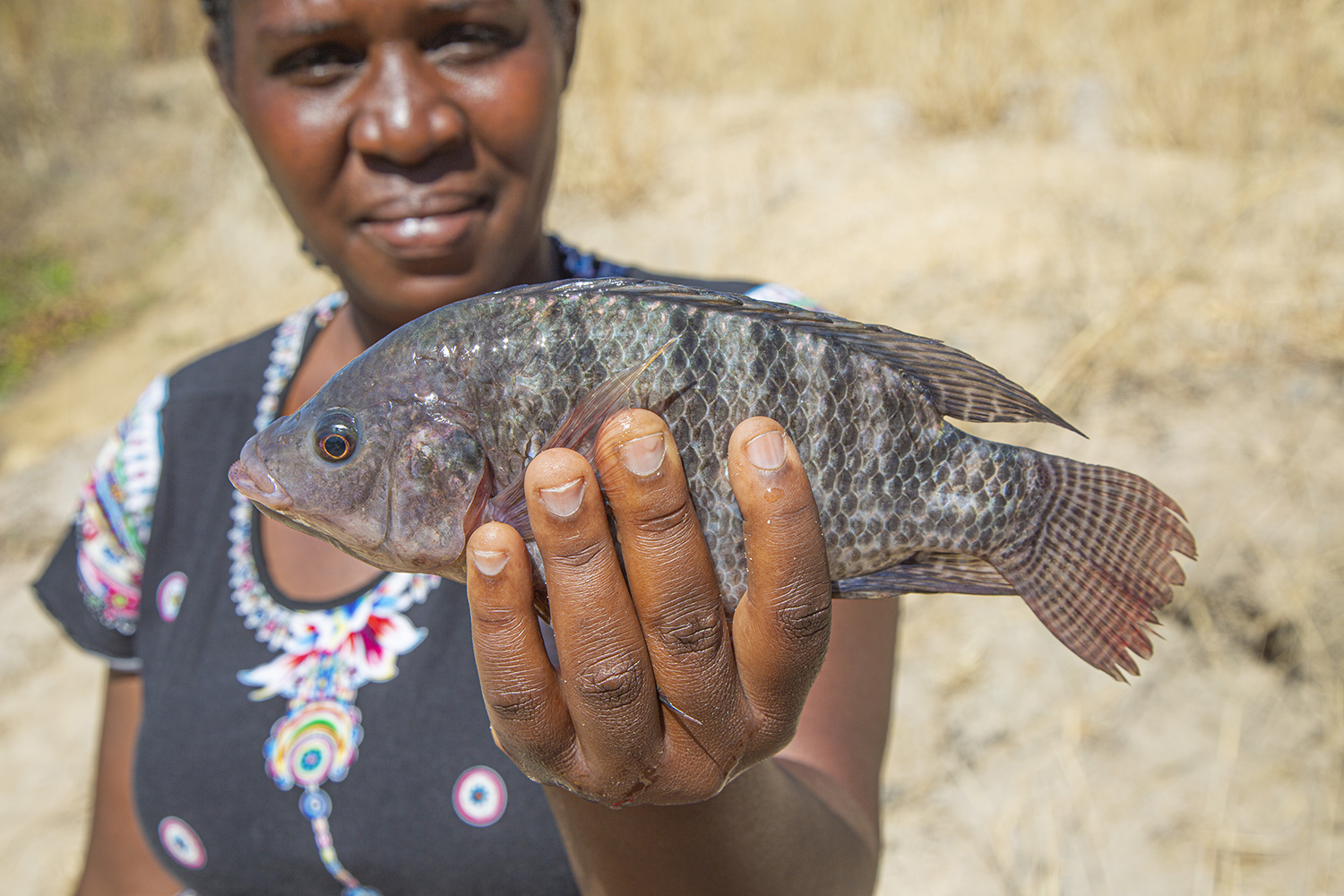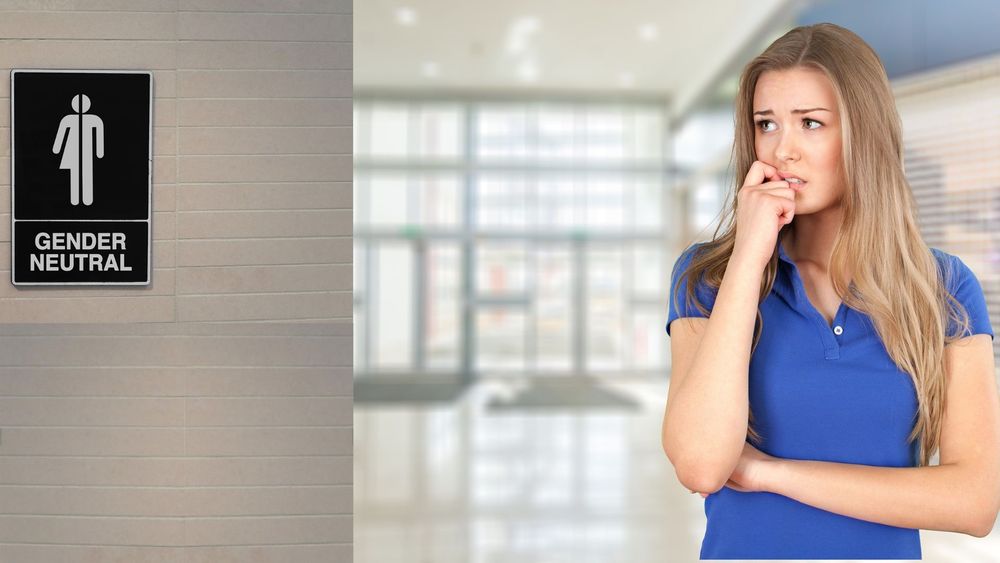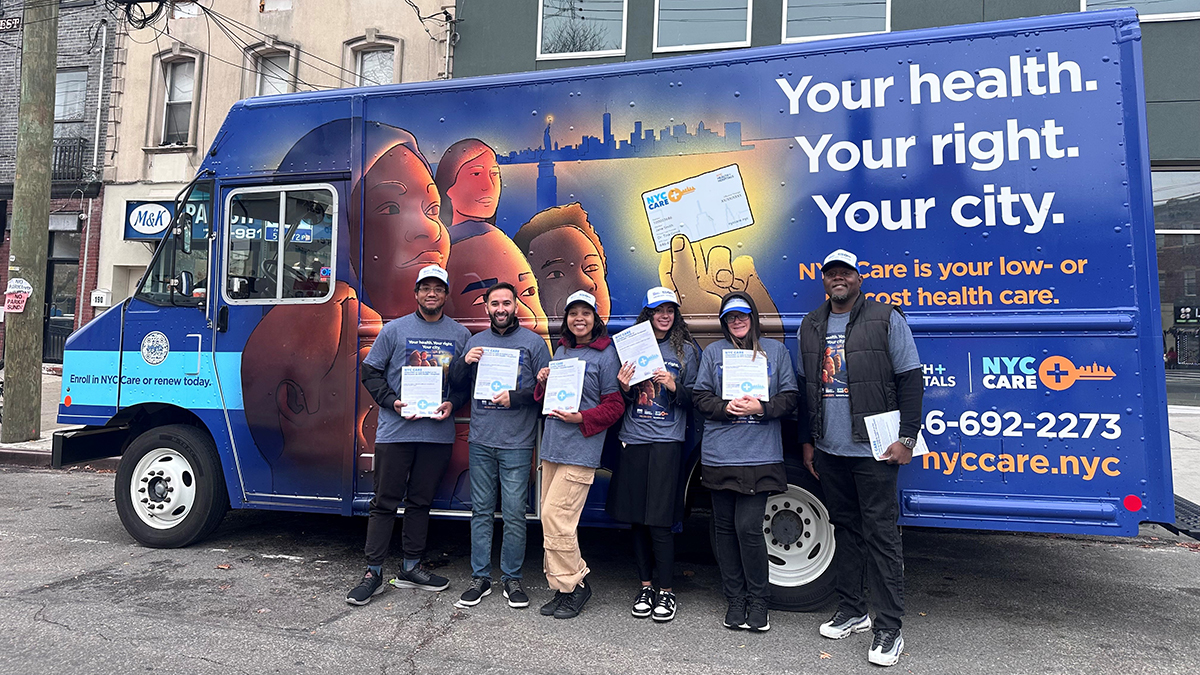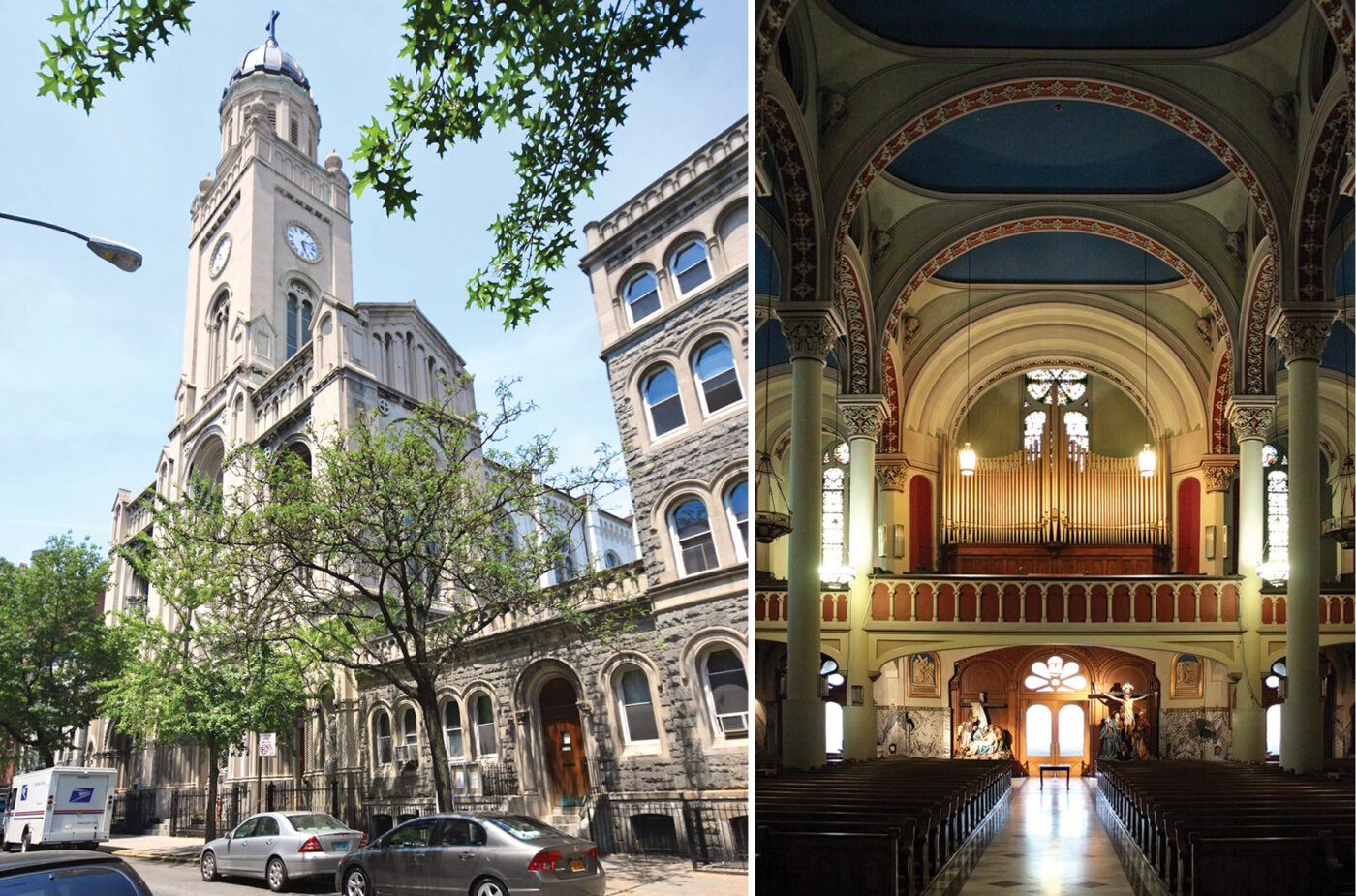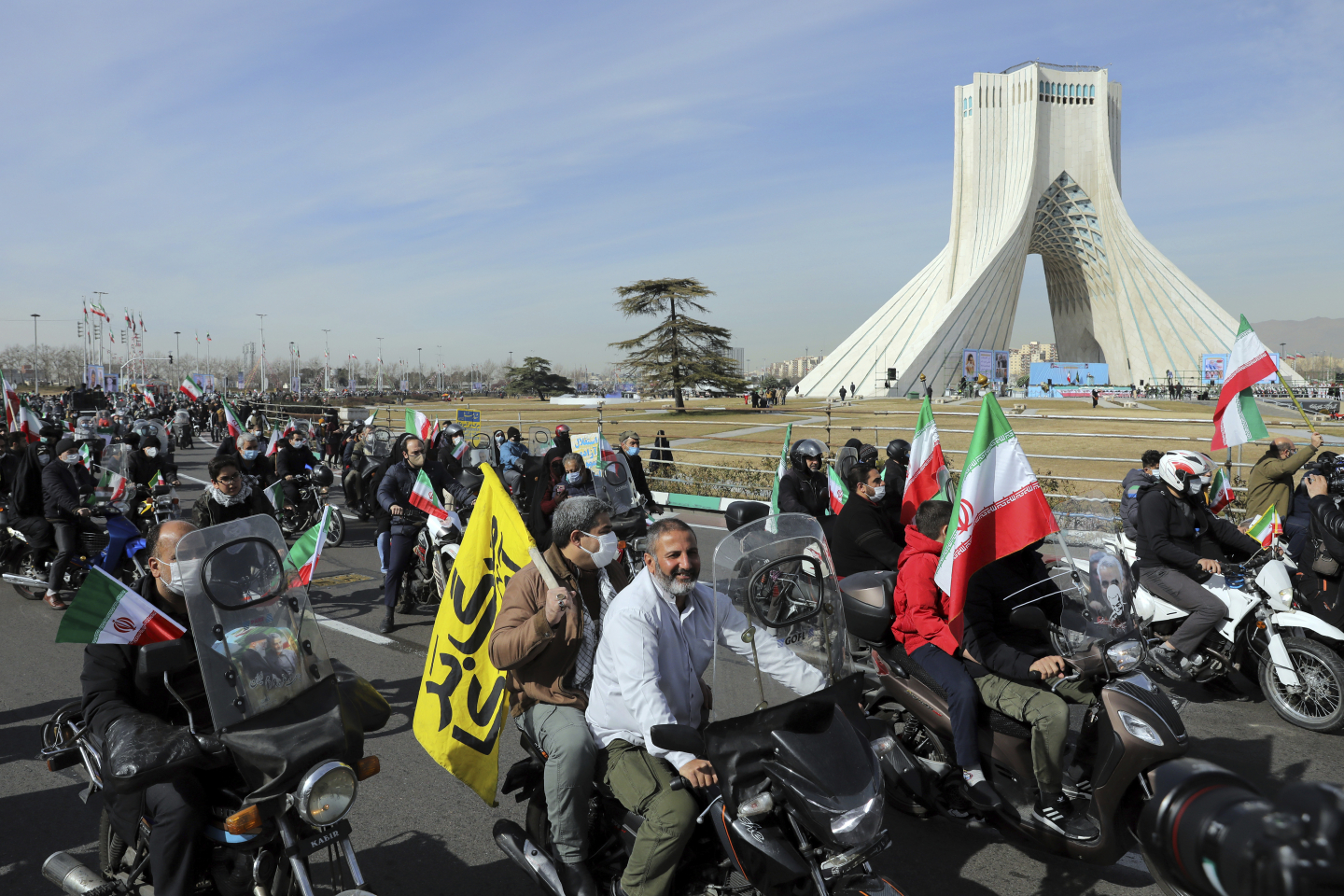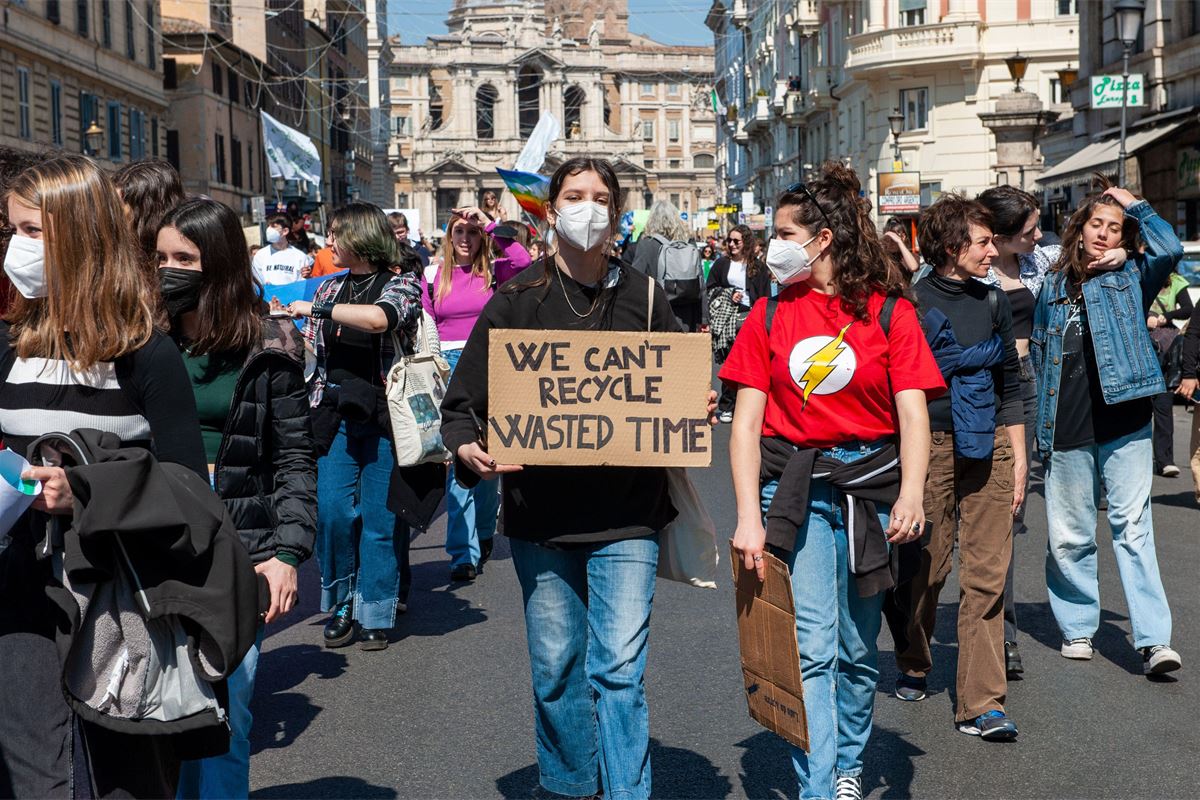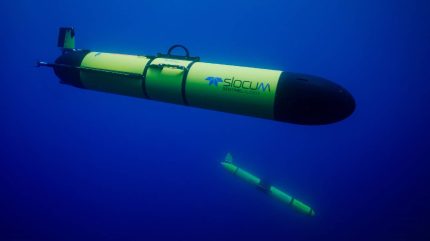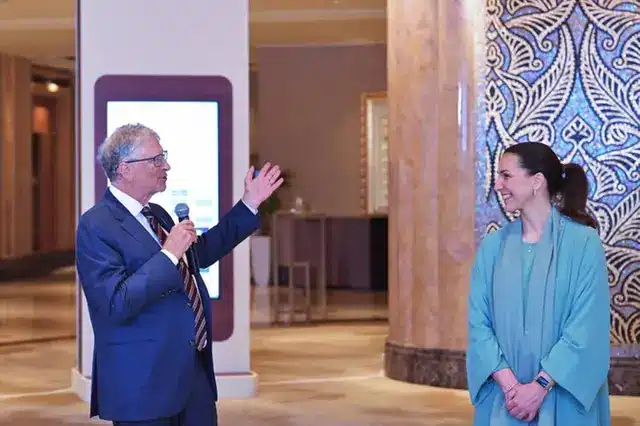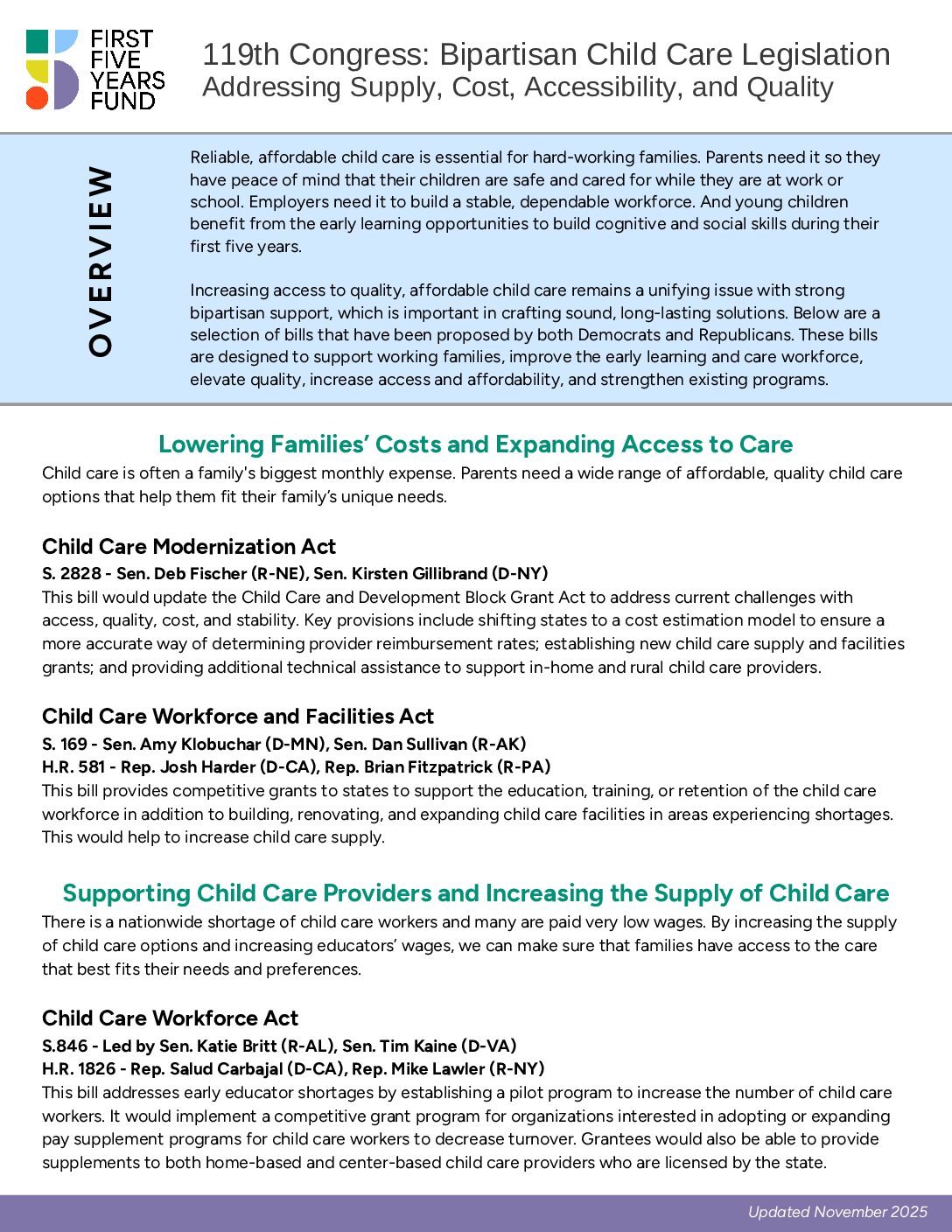Indonesia launches new visa for foreign nationals pursuing non-formal education – Business Today

Report on Indonesia’s New Education Visa Policy and Alignment with Sustainable Development Goals
Introduction: Expanding Access to Education in Line with SDG 4
Effective July 15, the Indonesian Directorate General of Immigration has implemented a new visa policy designed to broaden access to educational opportunities within the country. This initiative directly supports the United Nations’ Sustainable Development Goal 4 (SDG 4), which aims to ensure inclusive and equitable quality education and promote lifelong learning opportunities for all. The policy introduces new and revised visa categories for both non-formal and formal education, making Indonesian institutions more accessible to the global community.
Non-Formal Education Visa (E30): Fostering Lifelong Learning and Economic Growth (SDG 4 & SDG 8)
A key component of this policy is the new E30 limited stay visa for non-formal education. This visa is strategically targeted at foreign nationals pursuing skill-based training, language courses, and other programs outside of traditional academic frameworks. By facilitating access to such training, Indonesia is actively contributing to:
- SDG 4 (Quality Education): Promoting diverse and flexible lifelong learning pathways.
- SDG 8 (Decent Work and Economic Growth): Equipping individuals with technical and vocational skills for employment and entrepreneurship, while simultaneously boosting Indonesia’s knowledge economy.
The guarantor system, requiring sponsorship from an individual or the educational institution, fosters collaboration and aligns with SDG 17 (Partnerships for the Goals).
Application Requirements and Process
The application process has been streamlined for online submission, enhancing accessibility and efficiency. This approach supports SDG 10 (Reduced Inequalities) by simplifying access to educational migration.
Application Submission Checklist:
- A passport with a minimum validity of six months.
- Proof of living funds equivalent to US$2,000.
- A recent color photograph.
Visa Fee Structure:
- 1-Year Stay: Rp 6 million
- 2-Year Stay: Rp 8.5 million
Reforms to Formal Education Visas: A Commitment to Comprehensive Learning
In a parallel move reinforcing its commitment to SDG 4, the immigration office has overhauled its formal education visa system. The stay periods for primary-secondary (E30A) and higher education (E30B) visas are now extended to a maximum of four years, a significant increase from the previous two-year limit. This extension allows for more stable and comprehensive long-term study, enabling international students to fully immerse themselves in Indonesia’s educational environment, which includes over 3,000 universities.
- 4-Year Formal Visa Fee: Rp 12 million
Strategic Vision: Enhancing Global Competitiveness through Education
According to Acting Director General of Immigration Yuldi Yusman, the policy is a strategic measure to enhance Indonesia’s global competitiveness through its education sector. By attracting foreign nationals for both formal and non-formal studies, Indonesia is not only enriching its academic landscape but also strengthening international cooperation. This initiative positions Indonesia as a key partner in achieving global education goals, leveraging its recognized institutions to foster cross-cultural exchange and contribute meaningfully to the Sustainable Development Goals.
SDGs Addressed in the Article
- SDG 4: Quality Education
- SDG 8: Decent Work and Economic Growth
- SDG 17: Partnerships for the Goals
Specific SDG Targets Identified
-
Target 4.3: Ensure equal access for all women and men to affordable and quality technical, vocational and tertiary education, including university.
The article directly addresses this target by detailing Indonesia’s new visa policy designed to expand access to both non-formal (technical, skill-based) and formal (university) education for foreign nationals. The introduction of the E30 visa for “language courses or skill-based training” and the extension of formal education visas (E30A, E30B) are concrete measures to improve access to tertiary and vocational education.
-
Target 4.4: Substantially increase the number of youth and adults who have relevant skills, including technical and vocational skills, for employment, decent jobs and entrepreneurship.
The new visa policy specifically targets foreigners seeking “skill-based training” and “technical training.” By creating a dedicated visa pathway for non-formal education, Indonesia is facilitating opportunities for individuals to acquire relevant vocational skills, which aligns with the goal of preparing youth and adults for employment and entrepreneurship.
-
Target 8.6: Substantially reduce the proportion of youth not in employment, education or training (NEET).
By making it easier for foreign nationals to enroll in educational programs, whether formal or non-formal, the policy provides a clear pathway for individuals to be engaged in education or training. This directly contributes to reducing the number of people who might otherwise be categorized as NEET, by offering them opportunities for self-development and skill acquisition.
-
Target 17.6: Enhance North-South, South-South and triangular regional and international cooperation on and access to science, technology and innovation and enhance knowledge sharing.
The visa policy is an instrument of international cooperation that facilitates the movement of students and learners across borders. The stated goal to “support Indonesia’s competitiveness on the global stage through the education sector” by attracting foreign nationals promotes knowledge sharing and cultural exchange. This policy serves as a mechanism for South-South cooperation, as students from various countries can now more easily access Indonesia’s educational institutions.
Indicators for Measuring Progress
-
Implied Indicator: Number of visas issued for educational purposes.
The article discusses the creation of new visa categories (E30, E30A, E30B). Tracking the number of visas issued under these specific indices would be a direct quantitative indicator of the policy’s success in attracting foreign nationals for educational purposes, thereby measuring progress towards Targets 4.3 and 4.4.
-
Implied Indicator: Number of foreign students enrolled in non-formal and formal education.
The ultimate goal of the policy is to increase enrollment. The statement that the policy will “open more opportunities for foreign nationals who want to develop themselves through education” implies that a key success metric will be the total number of international students enrolling in Indonesian institutions, both in universities and non-formal training centers.
-
Mentioned Indicator: Duration and cost of educational visas.
The article provides specific data points that can be used as indicators of accessibility and policy implementation. These include the visa stay durations (1, 2, and 4 years) and the associated fees (Rp 6 million, Rp 8.5 million, Rp 12 million). These figures serve as baseline metrics to assess the affordability and attractiveness of the educational offerings.
Summary Table: SDGs, Targets, and Indicators
| SDGs | Targets | Indicators |
|---|---|---|
| SDG 4: Quality Education | Target 4.3: Ensure equal access for all to affordable and quality technical, vocational and tertiary education. |
|
| Target 4.4: Increase the number of youth and adults who have relevant skills for employment. | ||
| Target 4.7: Ensure learners acquire knowledge and skills to promote sustainable development, including appreciation of cultural diversity. | Number of international students enrolling in cultural studies programs (implied). | |
| SDG 8: Decent Work and Economic Growth | Target 8.6: Reduce the proportion of youth not in employment, education or training (NEET). | Number of foreign nationals enrolling in education/training programs as an alternative to being NEET. |
| SDG 17: Partnerships for the Goals | Target 17.6: Enhance international cooperation and access to science, technology, and innovation. | Number of international students in Indonesia as a measure of knowledge sharing and South-South cooperation. |
Source: businesstoday.in

What is Your Reaction?
 Like
0
Like
0
 Dislike
0
Dislike
0
 Love
0
Love
0
 Funny
0
Funny
0
 Angry
0
Angry
0
 Sad
0
Sad
0
 Wow
0
Wow
0

